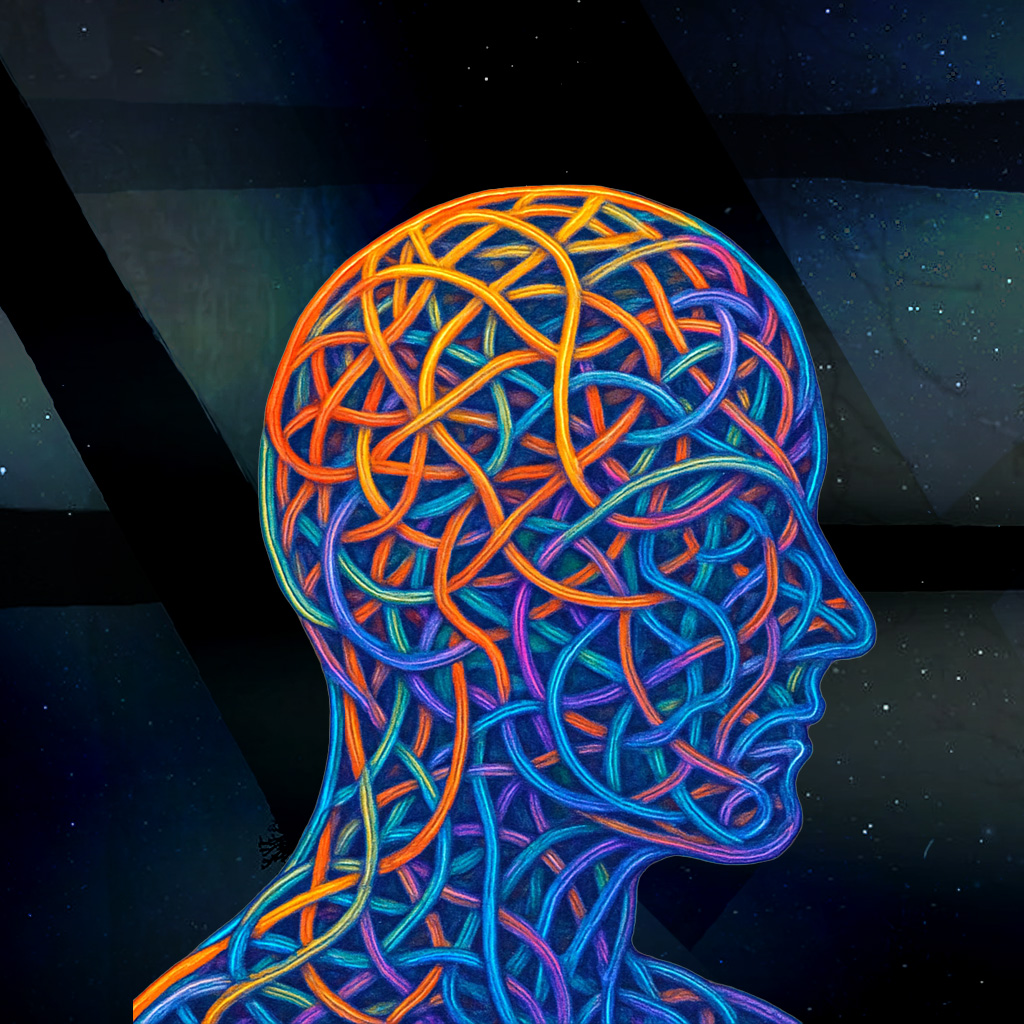
The loneliness of not being with someone in a romantic way has a certain feeling to it. No question about that. Professor Doug Powers offers a Buddhist interpretation of this experience and suggestions on how to see it differently.
Loneliness that comes from not having a romantic relationship is actually a form of extreme “egoism.” Loneliness and boredom are interpretations of an experience you’re having. You’re adding an element of something to it. The experience of not being with someone in a romantic way has a certain feeling to it. No question about that. But what’s the problem with simply being in an existence of the feeling of that?
The addition of loneliness or boredom is an additional element of being extremely caught up in your own self, and not being able to see outside of your own self—being completely limited to your own self. There’s millions of people out there. There are thousands of people right around you. But what happens is, you limit yourself through your narrative—who’s cool, who’s okay to be with, who you’re willing to hang out with. That’s a reflection of who you are and whatever narrative you have. And by those limitations of egoism and narrative, you set up the conditions for not being able to connect with the thousands of people who are around you.
One of the things that Buddhism really helps with is seeing that our narrative is an illusion.
Anybody who has heard anything about Buddhism has heard a thousand times that the ego, the self, is an illusion. Through Buddhist practice, you can see how these really strongly negative afflictions, like loneliness and boredom, are simply personal reactions based upon an interpretation of an experience that you’re having. It’s a result of taking yourself very, very seriously, not opening yourself up to other people, and being very exclusive in the narrative of yourself.
If you would simply break down the categories of your own identity that you have, that limits the people you could interact with, you’d find connection very quickly. It’s the exclusivity of your own narrative, and the limitation of what’s okay for you in that narrative, that filters people. And as it filters people, it keeps you away from all kinds of really interesting people that you would find quite a bit of joy and fulfillment in just hanging out with.
So I think Buddhism really helps with this by recognizing the illusion of our narrative that limits our perspective of who we’re willing to relate to, how close we’re willing to relate to people, how open we are with people to relate, and so forth.
Enjoying what you're reading?
Receive nourishing, mind-expanding insights straight to your inbox.


